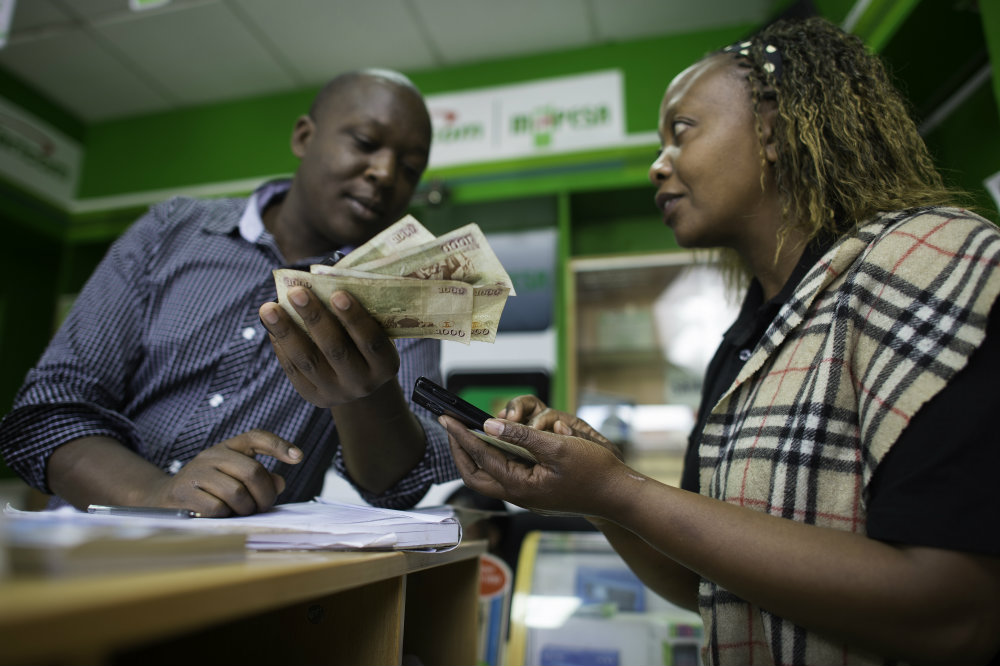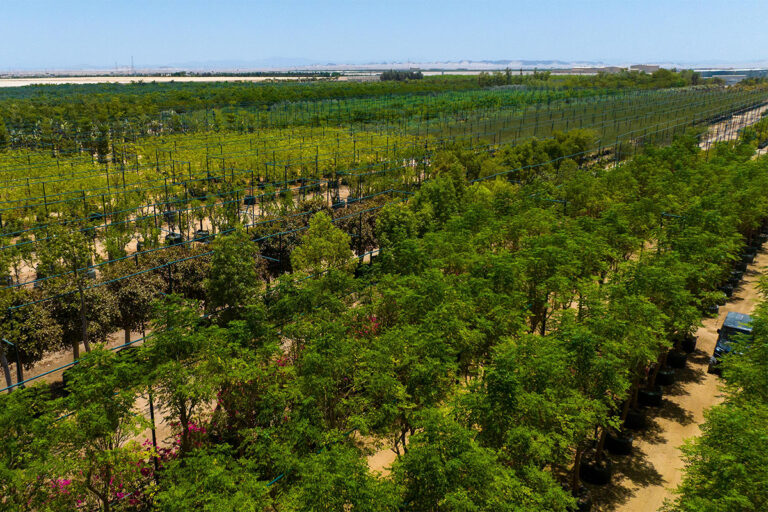Over the course of the last eighteen months, concern has been mounting about the potential of financial technology (‘fintech’) to disrupt the business models of existing lenders and create new risks and uncertainties for today’s banks.
At the same time, however, pioneering companies are embracing these technologies and developing innovative ways of mobilizing capital, and helping to make the financial system greener, more sustainable, and more inclusive.

In recent years, mobile money services have been leading the drive to increase financial inclusion, especially in sub-Saharan Africa. Last year, a report from the World Bank found that between 2011 and 2014, the proportion of adults with a financial services account increased from 51 percent to 62 percent, a trend driven above all by mobile money accounts in Africa. “Access to financial services can serve as a bridge out of poverty. We have set a hugely ambitious goal—universal financial access by 2020—and now we have evidence that we’re making major progress,” World Bank Group President Jim Yong Kim said.
“It is exhilarating to change people’s lives for the better and make their lives easier.”
Michael Joseph, Director of Global Money, Vodafone
In many African countries, more people now use a mobile money account than a bank account. Many of them will be customers of Vodafone’s pioneering M-Pesa service, which after launching in Kenya back in 2007 has now spread to almost a dozen countries.
Wherever they are, any customer with an M-Pesa account can use their mobile phone to transfer funds to other users and non-users and to pay their bills, all for the cost of a tiny transaction fee. According to the World Bank, the affordability of the service has been key in opening the door to formal financial services for Africa’s poor. In Kenya, around 40% of all cash transactions are now carried out via M-Pesa.
“In the developing world, there is no real easy access to the traditional banking services and they tend to be expensive for poorer people,” says Michael Joseph, one of the founders of the M-Pesa service and now Vodafone’s Director of Global Money. “M-Pesa has brought some basic financial services to people for the first time and it has had a huge impact on their lives.”
As well as serving as a medium for transactions, M-Pesa also enables poorer people, especially women looking after their families, to save, earn interest and borrow against those savings, very often for the first time in their lives. Vodafone is now examining the potential for adding new financial capabilities to M-Pesa, such as international money transfer, insurance services, and government payments![]()









